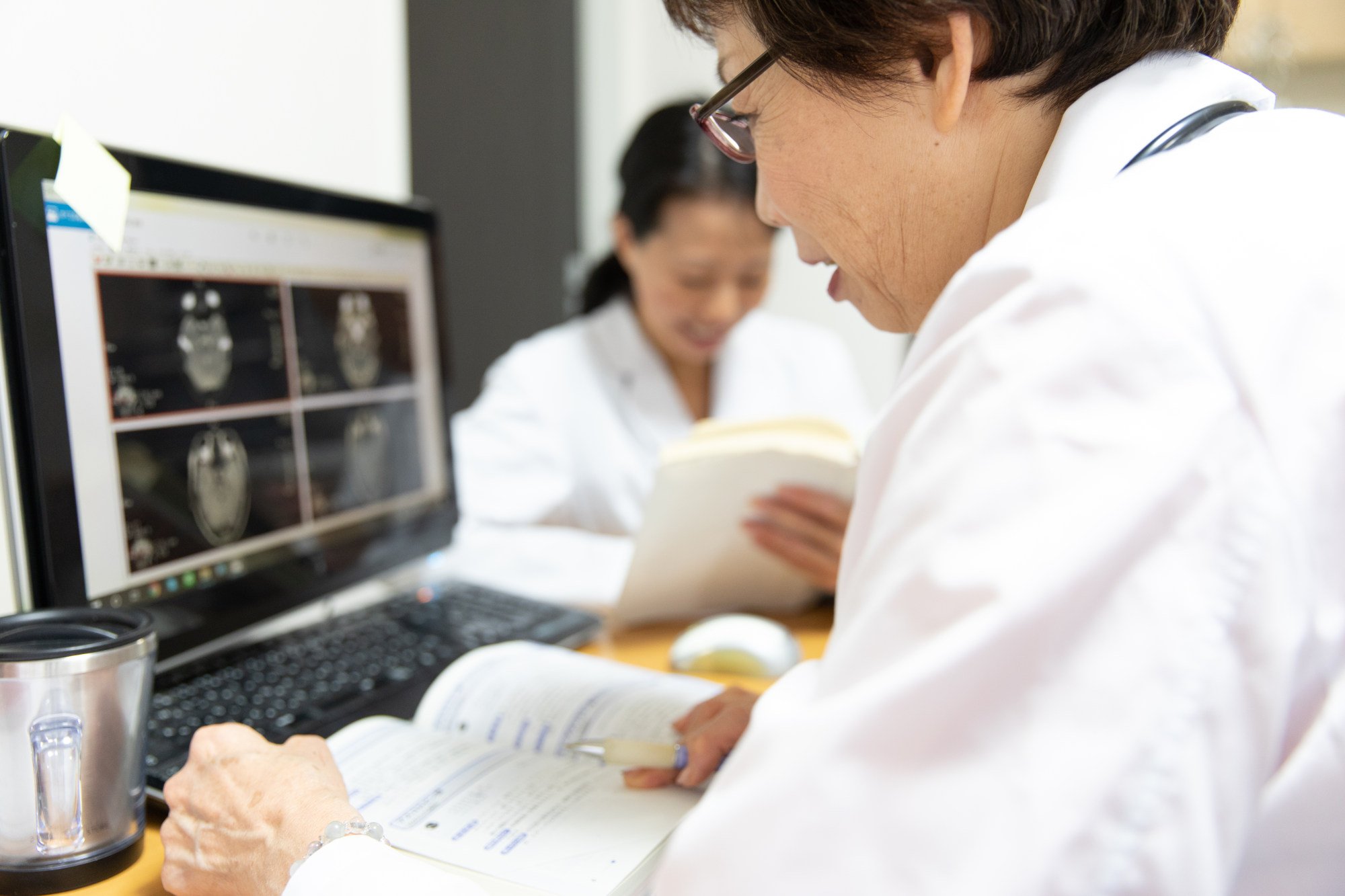Japan’s high-end medical services attract affluent Chinese tourists
Travel industry experts said the trend reflects a growing health consciousness in China after the coronavirus pandemic.
‘Gasoline in tourism engine’: Japan prepares for return of Chinese tour groups
‘Gasoline in tourism engine’: Japan prepares for return of Chinese tour groups
Clinics and other companies in Japan are trying to seize on the expanding demand. Kenkoin Clinic, located in Tokyo’s upscale Ginza shopping district, offers personalised preventive healthcare services, featuring some of the best imaging systems in Japan, including CAT scans and MRI exams.
Chinese patients visited the clinic pre-pandemic for monthly health check-ups, intravenous infusions and supplements. The number has dropped over the past few years but is now steadily climbing back, with about 50 to 60 per cent of the pre-pandemic patient volume returning.
“The majority of our foreign patients are Chinese,” said Hidetaka Mori, managing director of Kenkoin Clinic, adding that more than half of its sales come from Chinese customers.
Mori said that while doctors in China are usually too busy to talk to patients at crowded hospitals, the clinic makes sure to allow plenty of time for its doctors to interview each patient.
We ensure swift service and utmost privacy from check-in to departure
“With personal concierges assigned to each, we ensure swift service and utmost privacy from check-in to departure, as patients want to avoid encountering others,” Mori added.
In an attempt to boost medical tourism, Japan introduced a medical visa in 2011, permitting foreign visitors to stay for healthcare for up to one year.
The number of such visas issued jumped from 70 to 1,804 annually in the 11 years through 2022, but the actual figure for people visiting the country for medical care is likely to be much higher as many also arrive on tourist or business visas, industry experts said.

The Japanese government estimates that in 2020, more than 10,000 visitors from China came for comprehensive medical examinations, spending around 1.5 million yen on average. A smaller group of some 1,000 paid around 4 to 5 million yen to receive advanced cancer treatments. Both spending figures include travel costs.
“Japan has a high reputation for cancer screening, while its proximity, cleanliness, safety as well as the belief that there are many skilled doctors are appealing to Chinese people,” said Tsuyoshi Kondo, president of Friendly Japan, a Tokyo-based consulting company specialising in the promotion of Chinese tourism to Japan.
Beyond traditional hospitals and clinics, a diverse range of companies outside the healthcare sector have made inroads into the market in an attempt to attract more Chinese tourists.
The Japanese unit of Chinese tech giant Alibaba Group – owner of the South China Morning Post – launched a new service on its Tmall Global platform, a cross-border e-commerce site, in September.
The service enables Japanese medical firms and clinics offering medical check-ups to set up virtual outlets so that Chinese tourists can conveniently book medical services online before their arrival in Japan.
Healing holidays: how Malaysia’s Penang hopes to hook Chinese medical tourists
Healing holidays: how Malaysia’s Penang hopes to hook Chinese medical tourists
Tao Chengbin, operating officer and the head of the EC marketing department at Alibaba.com Japan Co. said that Japan was the first overseas market for the company to introduce such a service, noting the popularity of the country’s healthcare products among Chinese people.
“In recent years, the consumption style of Chinese visitors to Japan has been changing considerably, as they have started placing more emphasis on experiences rather than shopping,” he said.
Tokyo-based Hirotsu Bio Science Inc. is one of the companies seeing business opportunities in utilising the platform, offering more affordable medical services to Chinese visitors.
The start-up opened a store on the e-commerce website featuring its N-Nose tumour check system, a new testing technology that uses eelworms to detect signs of a variety of cancers from urine samples.

The service, priced at 1,095 yuan (US$154), offers consumers a test kit via Tmall Global that they receive before travelling to Japan. After taking a urine sample on arrival in the country and submitting it to one of around a dozen designated pharmacies in Tokyo, they can then receive the results after returning home.
Toshiki Mano, a professor at Tama University Institute for Healthcare and Long-Term Care Solution, said that in addition to China, there are many potential patients in Asia’s emerging economies such as Vietnam who are likely to become interested in Japan’s medical services.
“The market for medical tourism is likely to expand considerably, as the scope of services has widened from treatments to cosmetic surgery, health examinations and regenerative medicine,” Mano said.
Japanese island imposes tourist tax after G7 leaders’ visit sparks travel rush
Japanese island imposes tourist tax after G7 leaders’ visit sparks travel rush
Nevertheless, Japan faces challenges in further expanding the sector, including weak recognition of its medical services abroad and hospitals’ limited capacity to accept foreign visitors while offering the same level of care as local patients. Developing translation services at regional institutions will be another hurdle.
The payment structure also needs to be reviewed, as foreign visitors, who are not included in Japan’s public health insurance system, face much higher charges than local residents not only for medical fees but also for medicines, Mano said.
“While it is understandable that medical fees for foreign visitors are double compared to Japanese because of additional services such as translation, it is a problem that prices of medicines are two to threefold higher,” he said.
Still, Mano sees room for further growth. “It’s evident that the industry’s growth is robust and multifaceted, as its coverage area may expand to such new sectors as wellness,” he said.


 Bonus up to 10000 Rupees
Bonus up to 10000 Rupees